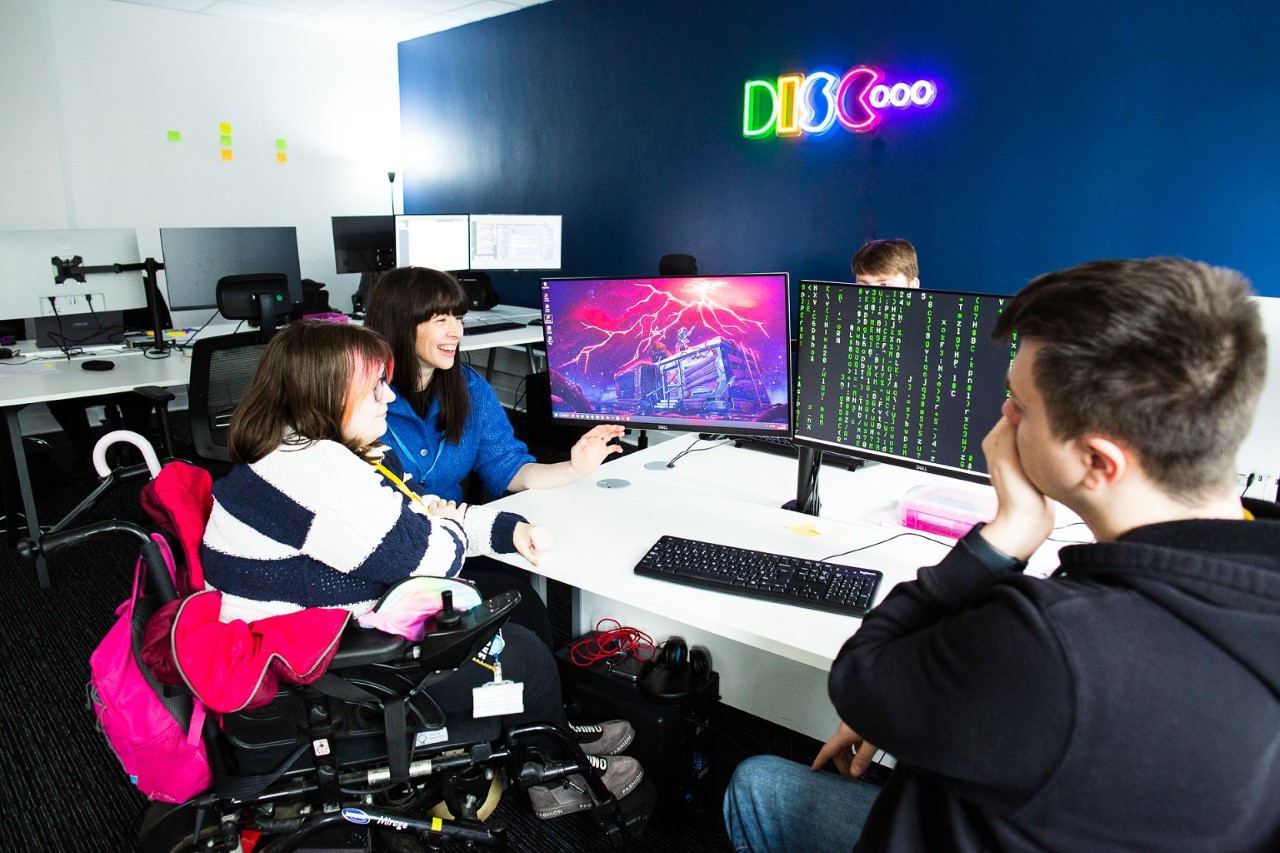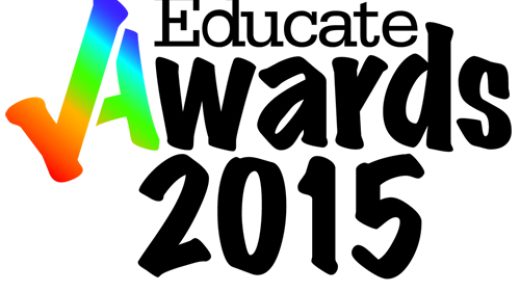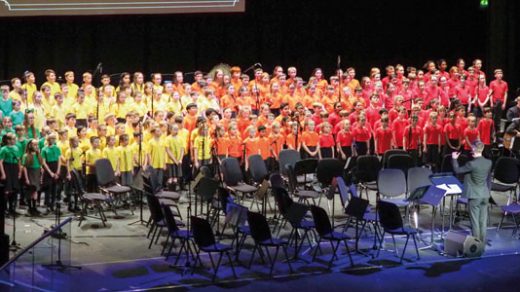New college to boost digital careers of young people with learning disabilities

A new college for young adults with special educational needs and disabilities (SEND) has opened in Manchester.
Digital Independent Specialist College (DISC) offers young people aged 16 – 24 the chance to learn certain subjects in a small-scale, supported environment that is personalised to their needs and talents.
These subjects include:
– Web development
– Videography
– Photography
– Graphic design
– Coding
– Animation
– Project management
Since opening its doors, 30 students with autism, learning disabilities and other additional needs have enrolled with DISC to develop and practise a range of creative and digital skills.
DISC is currently funded by the Education and Skills Funding Agency (ESFA), and local authorities across the region.
The specialist college offers two main programmes. The first is a flexible pre-internship, based on students’ interests and delivered in partnership with SENDCode, a social enterprise that supports young, neurodiverse people.
The pre-internship includes remote learning, working at DISC’s city centre studio and, where appropriate, external work placements with supporting businesses.
The second is a supported internship, a year-long, full-time programme for young people with an Education, Health and Care Plan (EHCP). Students can also access pastoral, peer-to-peer and weekly maths and English support.
Both programmes give interns experience of what it feels like to work in a digital job. They work on real life briefs from Manchester employers such as Manchester City Council, Northern Care Alliance NHS Foundation Trust and Jason Lock Productions, as well as the chance to build their own digital portfolio.
Staff work closely with interns to help them find the right job or education once their internship has ended. This might be an apprenticeship with a partner employer or freelance work supported by Digital Advantage.
Andy Lovatt, founder of Digital Independent Specialist College (DISC) and CEO of Digital Advantage said: “It’s shocking that only 29% of autistic adults in the UK are in paid employment, and that figure is just 4.8% for adults with learning disabilities.
“Young people with disabilities are still guided towards traditional supported internships in retail, hospitality or healthcare and for some people this is right, but for many, these roles limit their aspirations and career progression.
“DISC helps young people with a passion for digital to get their dream job. We’re disrupting expected pathways for SEND young people.”
Dylan O’Brien, 19, from Gorton in Manchester has autism and dyspraxia and is doing an apprenticeship with Digital Advantage, the charity that set up DISC.
He said: “I left school in year 8 because I got no support, it was overwhelming, and I struggled to get in on time. When I went to a mainstream college it was the same…
“Things are different with Digital Advantage. Everything is personalised to you. There aren’t big classrooms or hundreds of students. If you ever need help you can get it.
“Every day I go to their Manchester studio and make websites, edit videos and take photos. I’m really happy with the progress I’ve made.”






